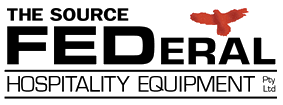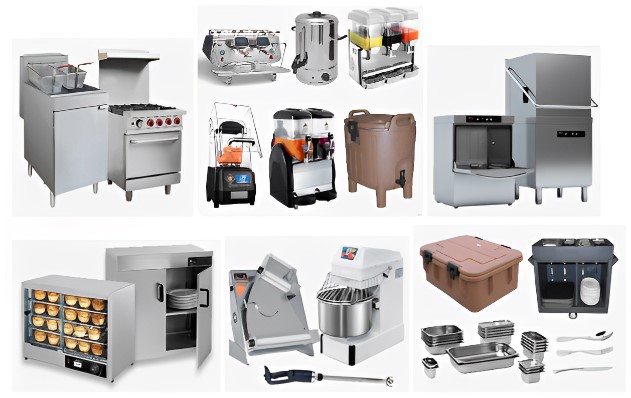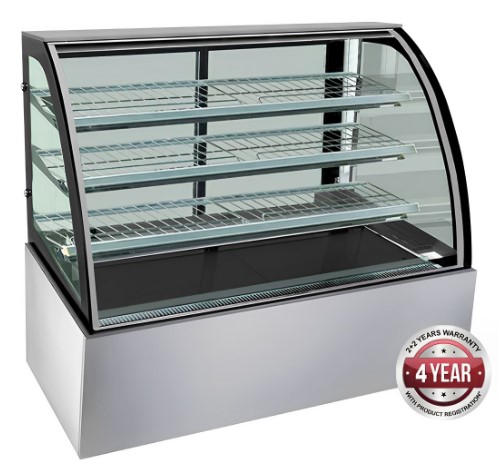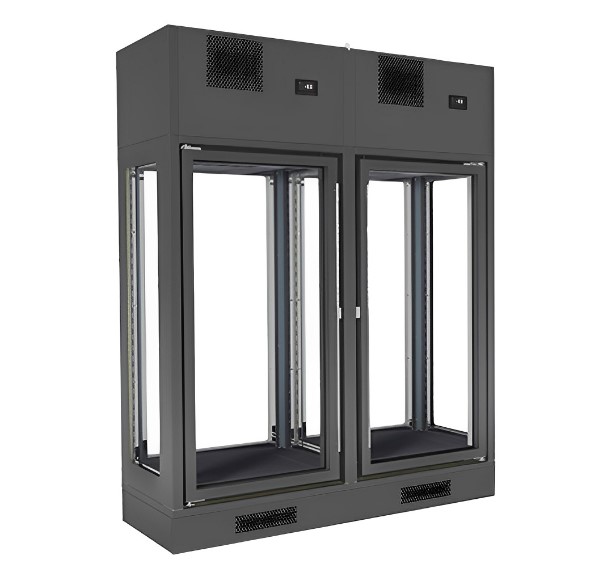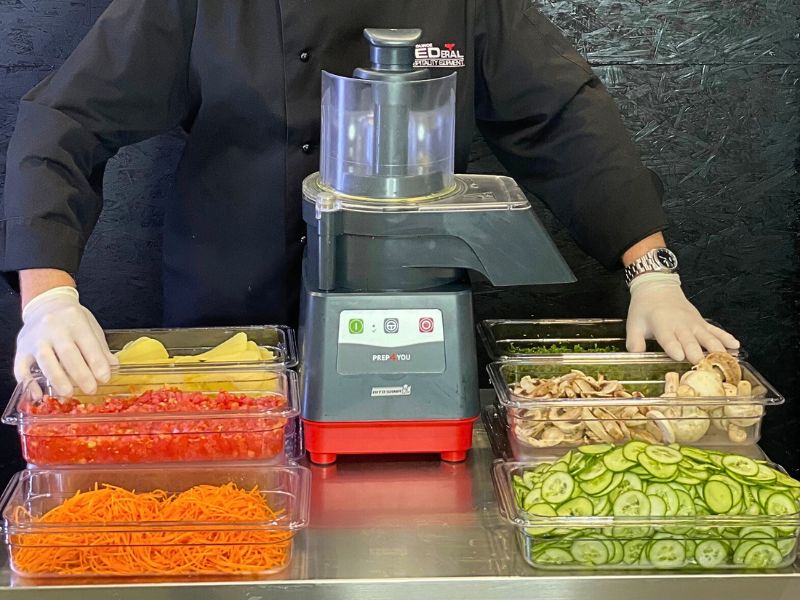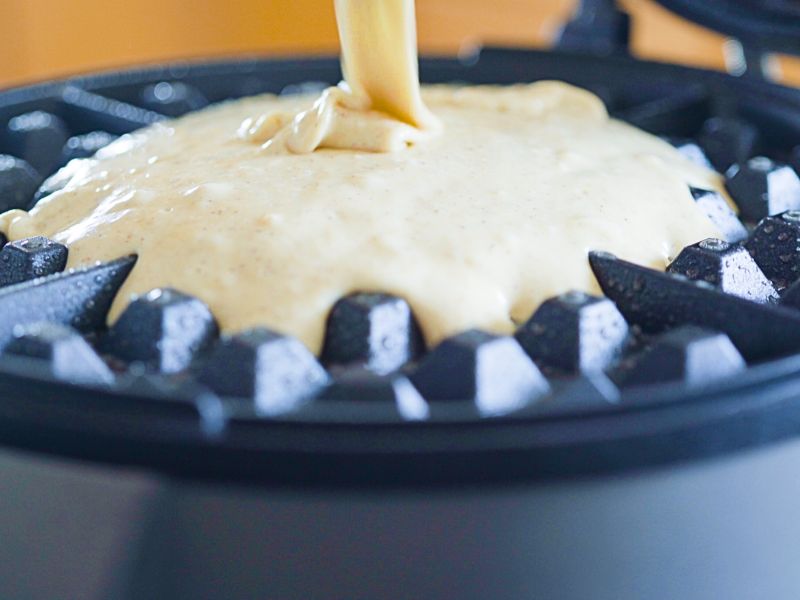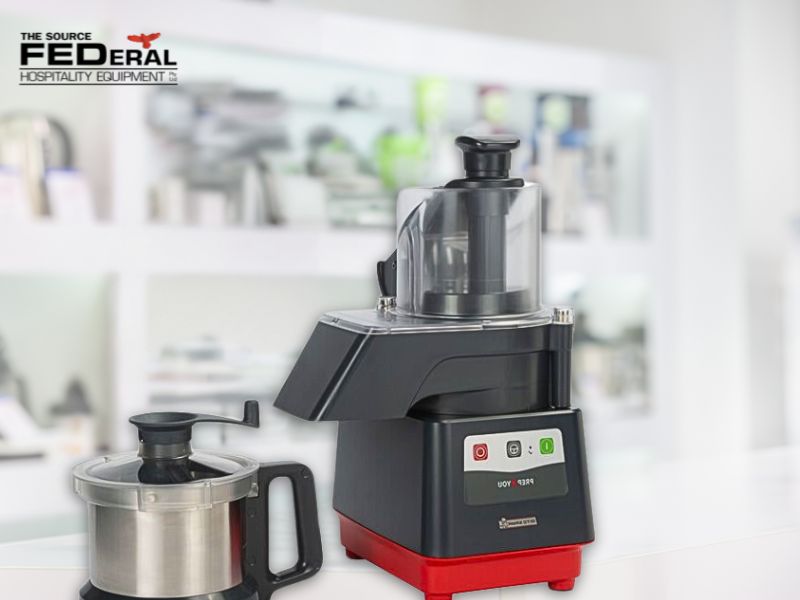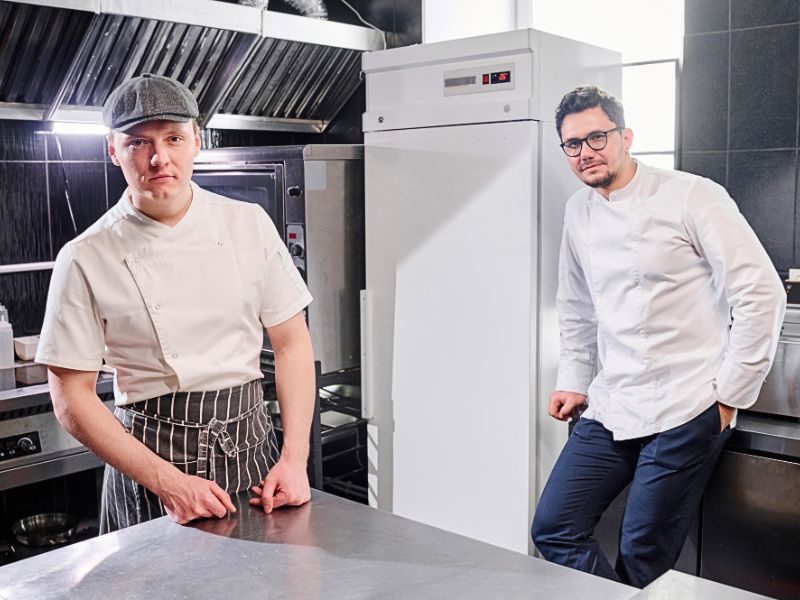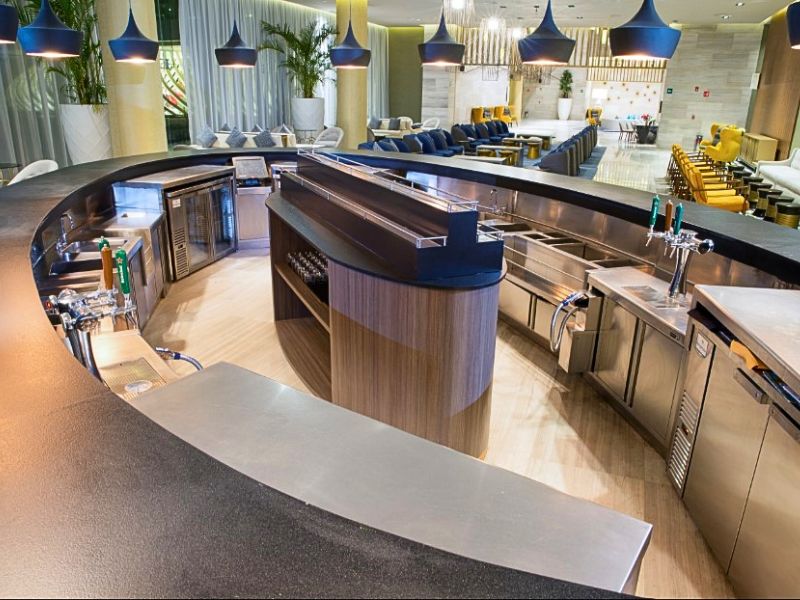Operating a successful catering business requires not only exceptional culinary skills but also a keen eye for cleanliness and maintenance. Properly caring for your kitchen catering equipment is essential for efficient operation and ensuring your customers' health and safety. In this blog post, we will share valuable tips on how to maintain and clean your kitchen catering equipment, ensuring your business runs smoothly and continues to serve delicious food at its best.
In order to uphold the quality and extend the lifespan of your kitchen catering equipment, it is crucial to develop and follow a regular cleaning schedule. This will help to prevent the accumulation of grease, grime, and bacteria, which can cause premature wear and tear, and in turn, reduce the efficiency of your appliances. In the following sections, we'll discuss two essential aspects of maintaining and cleaning your kitchen catering equipment: daily cleaning routines and preventative maintenance.
Daily Cleaning Routines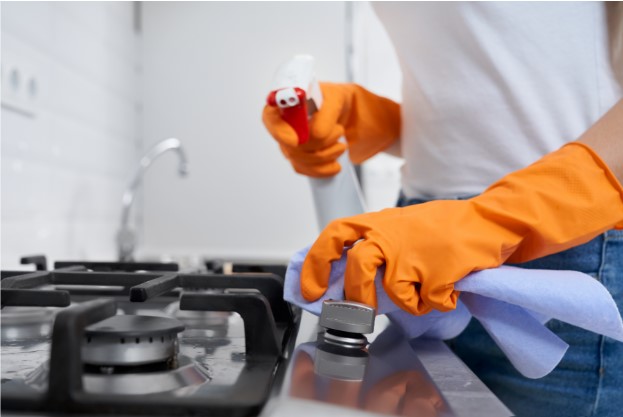
A daily cleaning routine is the backbone of a well-maintained and hygienic catering kitchen. Keeping your kitchen catering equipment clean and sanitized on a daily basis helps to maintain its functionality and prolong its life. Additionally, a clean kitchen environment is crucial for upholding food safety standards and protecting your customers from foodborne illnesses.
To establish an effective daily cleaning routine for your kitchen catering equipment, follow these simple steps:
- Create a checklist: Develop a comprehensive cleaning checklist that covers all the equipment in your kitchen. This should include ovens, fryers, grills, refrigerators, mixers, and any other appliances you use regularly. Make sure to include detailed instructions for each item to ensure thorough cleaning.
- Train your staff: Properly train your staff on how to clean and maintain each piece of equipment. This ensures consistency and helps to prevent accidental damage or misuse of appliances.
- Allocate time: Dedicate specific times during the day or at the end of each shift for cleaning tasks. This ensures that cleaning becomes a routine part of your staff's responsibilities and prevents the buildup of dirt and grime.
- Use appropriate cleaning products: Choose cleaning products suitable for your equipment's specific materials and surfaces. Using the wrong products can cause damage or leave residues that might change the taste of your food.
- Implement a system for monitoring: Regularly check that your staff is following the cleaning schedule and meeting the required standards. This allows us to detect any issues at the earliest stage and address them before they escalate.
Preventative Maintenance
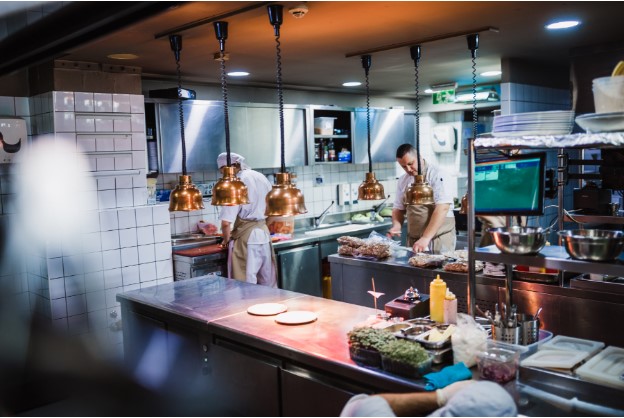
In addition to daily cleaning, preventative maintenance is crucial for keeping your kitchen catering equipment in optimal condition. Regular maintenance checks and servicing can help to detect potential issues early before they become serious problems, ultimately saving you time and money over time. Moreover, well-maintained equipment is more energy-efficient, which can lead to cost savings on your energy bills.
To implement a preventative maintenance plan for your kitchen catering equipment, consider the following steps:
- Schedule regular inspections: Plan periodic inspections of your equipment by qualified technicians. They can spot issues that those without the necessary training might overlook and recommend necessary repairs or replacements.
- Keep records: Document every maintenance action taken, including inspections, repairs, and part replacements. This helps to track the history of your equipment and can be valuable information when making decisions about future investments.
- Lubricate moving parts: Ensure that all moving parts of your kitchen catering equipment are well-lubricated to prevent wear and tear. This includes hinges, bearings, and motors, among others.
- Replace worn parts: Regularly inspect and replace worn or damaged parts, such as gaskets, seals, and filters. This helps maintain your equipment's efficiency and prevent more extensive damage.
- Regularly calibrate your equipment: Certain appliances, like ovens and refrigeration units, may require regular calibration to ensure they function at optimal temperatures. This helps in maintaining food safety standards and cooking efficiency.
Conclusion
Maintaining and cleaning your kitchen catering equipment may seem daunting, but it is an investment that pays off in the long run. A clean and well-maintained kitchen is more efficient and provides a safer and healthier environment for your staff and customers.
Remember, the key to effective maintenance and cleaning is consistency. Establishing and adhering to a daily cleaning routine and a preventative maintenance plan can significantly promote longer use of your equipment, improve its performance, and reduce the likelihood of unexpected breakdowns. With these strategies in place, you can focus on what you do best – preparing delicious dishes and providing exceptional service to your customers. After all, your kitchen catering equipment is the lifeblood of your catering business, and taking care of it is a top priority.
